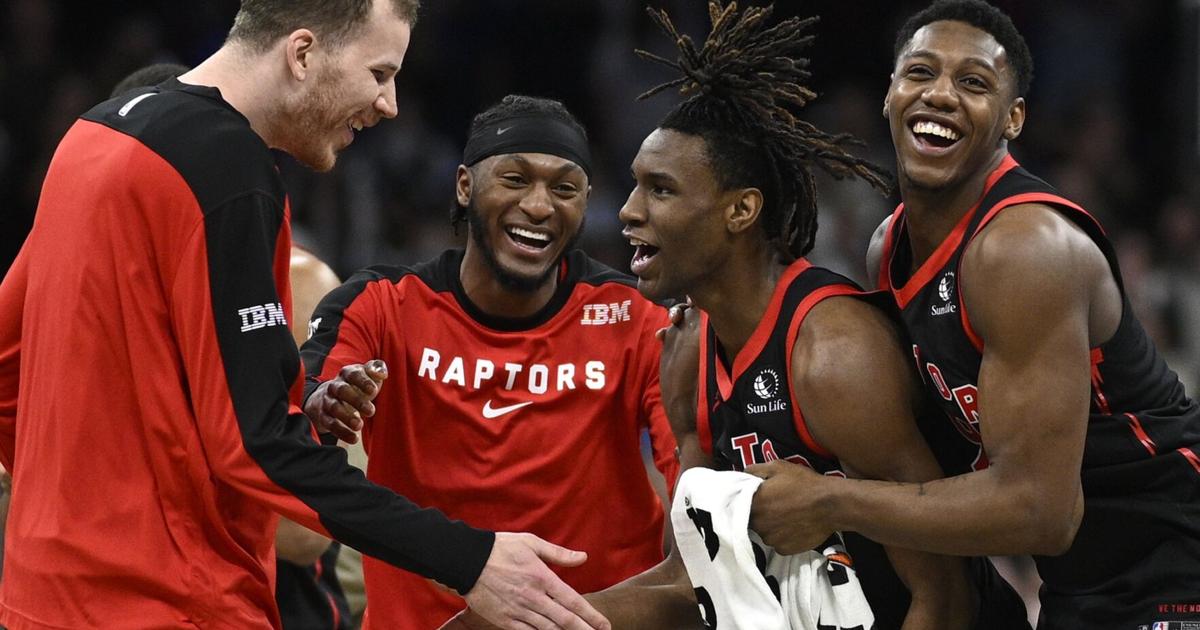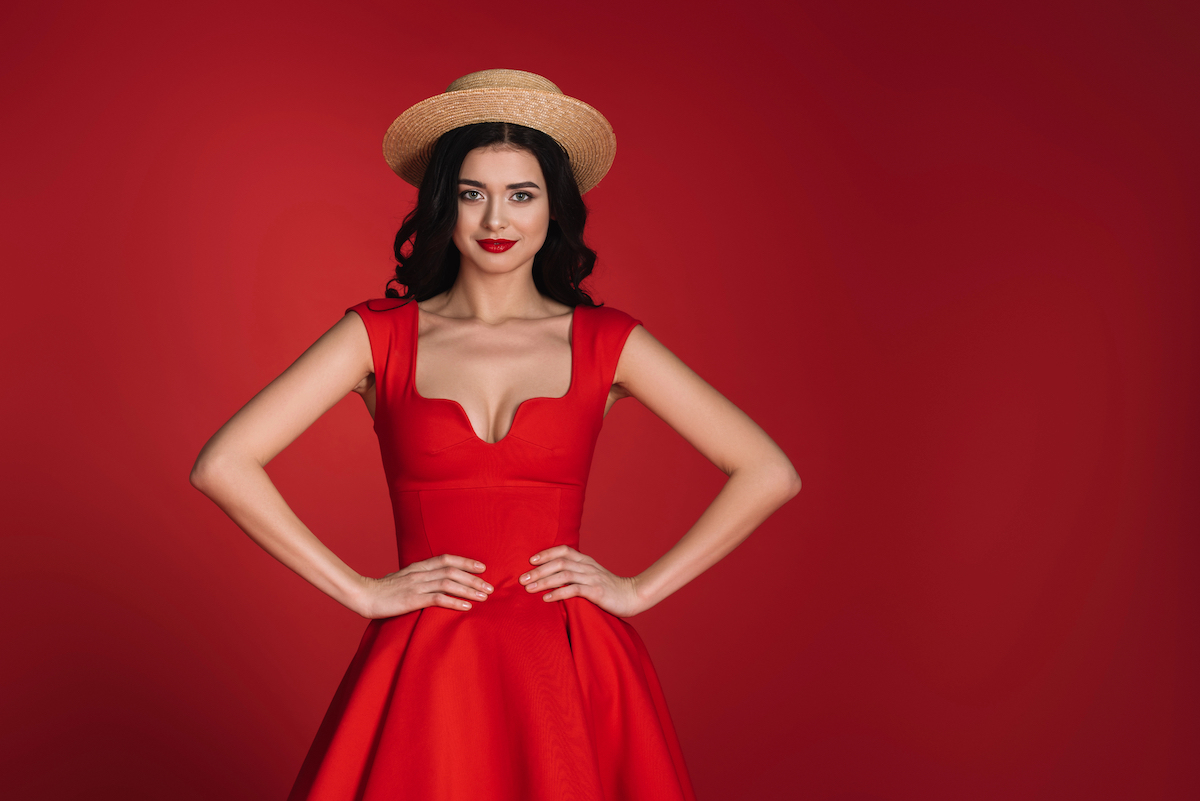David Cronenberg on why The Shrouds wasn't a "therapeutic" experience | Radio Times
“I really have a real resistance to being self-referential,” a ghostly-looking Cronenberg tells RadioTimes.com over Zoom. “I feel that every director makes a career out of bodies, because what we photograph in filmmaking is bodies.
“I mean, we photograph the human body. That’s the most photographed thing in all cinema. What else is there? There’s landscape. Unless you’re making a documentary about the desert – and there have been some good ones – you are photographing the human body. That’s your subject matter.”
True enough, but Cronenberg has tackled the body like few others. Think of Jeff Goldblum’s scientist viscerally transforming into the titular insect in The Fly, as one example.
In The Shrouds, Vincent Cassel plays Karsh, the owner of a unique hi-tech cemetery in Toronto, with video camera feeds inside coffins that allow mourners to watch the decomposition of their late loved ones in real time. Among those buried with such tech is Karsh’s own late wife Becca, who died several years earlier of cancer.
While The Shrouds is about so much more than grieving – not least with its conspiracy-driven plot involving Russian hackers and the like – it’s this that started the idea.
Back in 2017, Cronenberg’s own wife Carolyn passed away of cancer. They had been together for 43 years and – understandably – his grief was all-consuming. He wanted to be with her still, he says. “I wanted to get into the coffin with this dead body.” And so he began to write The Shrouds as a way of processing his raw feelings.
Did it feel cathartic? “It’s not cathartic because the grief is still there and it hurts just as much,” he replies. “I really don’t think of art, and my art in particular, as being therapeutic. It’s a way of dealing with it, talking about it to myself. Understanding my own reactions to it. But it isn’t really cathartic, I would say, in any way.
“I really think that we have to understand that as soon as you start to write the script, it stops being about you and your wife. It starts to be about these fictional characters, and you want that.”
Still, mortality clearly preoccupies Cronenberg at this late stage of his life. In 2021, his daughter Caitlin directed him in the ethereal one-minute short The Death of David Cronenberg.
Confronted with his own corpse, he then proceeds to tenderly caress it. The idea came to him after acting in Canadian TV series Slasher, which required a lifelike prosthetic model to be made of him. The special effects team then let him use it.
“They came to my house with it in a series of garbage bags, because we didn’t want the neighbours to see this very realistic corpse of me being carried into my house!”
While he says the short didn’t immediately feed into The Shrouds, it’s not hard to look at it as one of his most personal. The very fact that Diane Kruger plays the late Becca (in flashback) and her sister Terry, who becomes embroiled with Karsh, immediately recalls 1988’s Dead Ringers, with Jeremy Irons playing twins.
While some critics have mistaken the Kruger-played siblings as identical, Cronenberg denies this, suggesting he thought of them as “sisters who resembled each other”. Nevertheless, he’s very familiar with the idea. “I have many identical twins in my family... and it is spooky and it is intriguing.”

Karsh’s morbid innovations immediately also make you think of the prophetic nature of Cronenberg’s earlier works – the corrosive power of television in Videodrome or the dreamlike pull of virtual reality gaming in eXistenZ. But that was never his intent, he says.
“In my case, as I’ve said often, for me, art is not prophecy, and being a prophet of what’s coming in the future is not my goal in art. It’s really to examine the human condition as we live it now. So if I’ve ever anticipated certain things, as I did in Videodrome and eXistenZ, it’s really by accident.”
Whatever the case, The Shrouds feels like a significant part of Cronenberg’s third act. His wife’s passing came three years after his 2014 film Maps to the Stars and, for years after, it seemed like that might be the last movie of his career.
“I wasn’t sure I wanted to do it anymore. I wasn’t sure after my wife died [if] I’d have the heart for it – however that works emotionally. And then there was COVID, which, of course, made filmmaking more difficult. But then I did some acting, just to reconnect with being on a film set, and also to see how awkward it was to shoot a film.”
Featuring in episodes of Star Trek: Discovery and the aforementioned horror anthology Slasher helped him realise that it might be possible to work again, both practically and emotionally. “Finally, I felt I still do want to do this. I had to accept that in myself before I could make another film.”
Hs first return behind the camera was 2022’s Crimes of the Future, featuring Viggo Mortensen as an underground performance artist living in a world where pain has all but been eradicated and biotech body modification is all the rage.

When it came to The Shrouds, Cronenberg initially conceived of it as a television series. “I was fascinated by streaming,” he says. “I thought, ‘OK, this is a different kind of filmmaking, a streaming series.’ It would be like making a ten-hour movie. It’s cinema, but it’s not a movie, it’s something else.”
Adapting novels like William Burroughs’s Naked Lunch and JG Ballard’s Crash in the past always gave him the feeling that “movies are more like a novella or short story”, he says, but a TV series “could be like a novel”.
The plan was for each episode to be set in a different country, taking in the different burial rituals around the world. “I did fly down to LA and I did pitch The Shrouds as a possible streaming series for Netflix, and we got two episodes into it when they decided not to do it anymore. But I liked what I had written so much that I decided to turn it into a movie instead.” (One is immediately reminded of David Lynch turning his rejected pilot into Mulholland Drive).
Cronenberg even chatted with Steven Zaillian and Alfonso Cuarón about their recent forays into streaming, when they directed, respectively, the mini-series Ripley and Disclosure.
“Those very experienced directors wrote and directed every single episode, which is huge… and they both said they weren’t sure they would do it again, because it’s an enormous investment of time. As I get older, I have to consider, even when I came back to moviemaking after stopping for four or five years, do I have the physical stamina? Do I have the focus? Filmmaking, for a director, is hard. It’s hard, it’s physically and mentally quite difficult.”
That hasn’t stopped Cronenberg considering another feature – an adaptation of his one (and to date only) novel, 2014’s Consumed, the story of a photojournalist couple who globetrot in pursuit of unusual subjects.
Sponsored by Vue
Save up to 30% on the latest releases at Vue in 2025
Are you a movie lover who always wants to be up to date with the latest releases? Then you're in luck, as RadioTimes.com readers can enjoy new films at Vue Cinemas for less.
Customers will receive up to 30% off films with Vue Pass, as long as they have a RadioTimes.com account.
It's a great time for new releases, with films such as Wicked, Nosferatu, The Brutalist and Moana 2 taking UK cinemas by storm.
Head to your nearest Vue to catch these movies and more for up to 30% less if you're signed up as a RadioTimes.com member.
But where does Cronenberg foresee the future of cinema? In The Shrouds, Karsh even has access to a cartoonish AI character (again, voiced by Kruger) modelled on his late wife. With AI such a hot topic globally, and especially in the film industry, is he worried about the onslaught of artificial intelligence?
“I’m not worried about it. It’s just of interest. I mean, honestly, in the film business, we’ve been using AI for years at various levels of sophistication. To me, it’s a useful tool in the toolbox of filmmaking. You use it when you need it, and I’ve used it many times for adjusting things in a frame and on a face that moves.
“It needs handling. It needs regulation. It needs discussion, absolutely. Because, yes, it could be very destructive to the film business in some ways. The question of copyright already is huge with AI because of the sampling of the world of the internet.”
Unsurprisingly, Cronenberg is fascinated by the advance in AI, just as he has been with so much other tech. “Its flaws are already well-known. Whether they will be eradicated or not is something else. I use ChatGPT all the time. I don’t mean to write my scripts, but I use it as an information-seeking device,” he explains.
“Every technological advance has always had its potential destructive downside... to me, technology is very human, and so it has the good stuff and it has the hideously bad stuff as a potential. And that just continues.”
For more from the biggest stars in TV, listen to The Radio Times Podcast.







